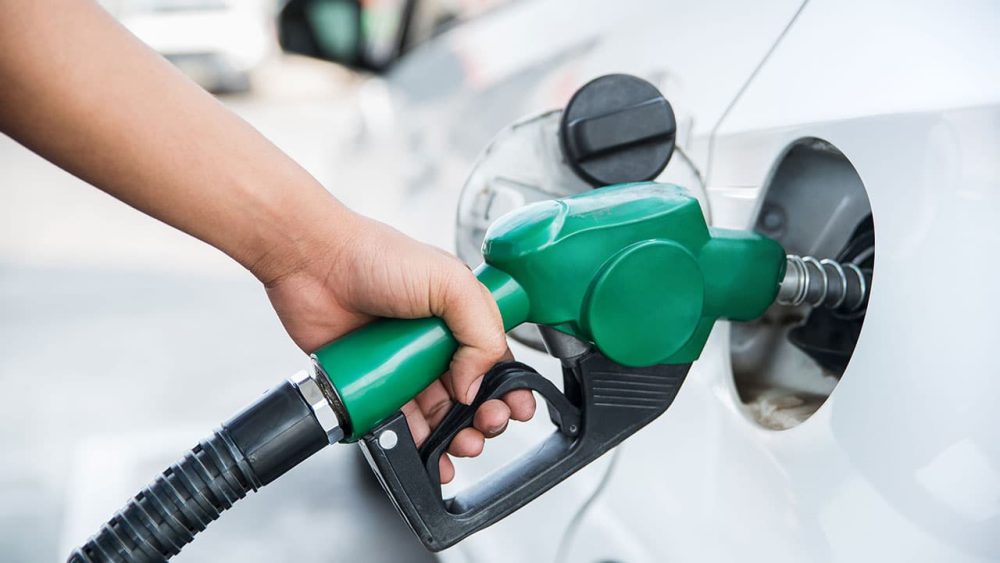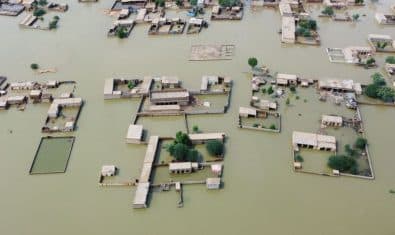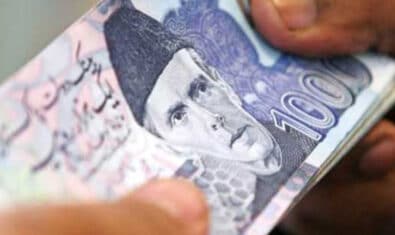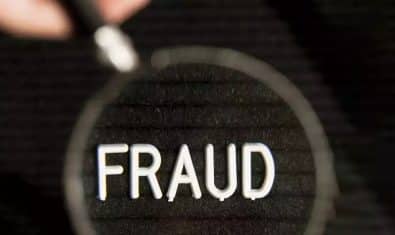The government could increase petroleum levy rates on fuel products to an all-time high of Rs. 60 per liter as part of plans to raise Rs. 2.9 trillion in non-tax income in the fiscal year (FY) 2023-24.
While still under consideration, the increase aims to offer additional budgetary space for expenditures, as the government anticipates a 30 percent rise in expenditure on pension payments and civil government operations compared to the same expenses in the outgoing FY23, reported Express Tribune.
The Ministry of Finance (MoF) has recommended hiking the tax rate by Rs. 10 per liter to net around Rs. 870 billion from this source during the new fiscal year. Pertinently, the current levy rate is Rs. 50 per liter.
MoF is calling for a rate hike as it is widely expected that petroleum prices will remain high in the coming fiscal year, with market elements estimating an average exchange rate of Rs. 308 per dollar.
The government has set a target of Rs. 855 billion in revenue from the petroleum levy for the current fiscal year. However, the collection for the first nine months of FY23 was only Rs. 362 billion.
Profits from the State Bank of Pakistan (SBP) are another substantial source of non-tax revenue. The finance ministry now forecasts this category’s income to be Rs. 1.1 trillion, up from Rs. 920 billion previously. It bears mentioning that non-tax revenues are not distributed to the provinces, and the federal government is increasingly reliant on them to support its expenditures.
The government may also look at additional sources, such as a wealth tax and a windfall fee on banks, to meet the objective of Rs. 2.9 trillion in non-tax income for the next fiscal year.
Pension spending is expected to reach Rs. 780 billion in FY24, up Rs. 172 billion or 28 percent from FY23. Meanwhile, the cost of running the civil government is tipped to be in the region of Rs. 720 billion next fiscal year.
Interestingly, the budget deficit for FY24 is expected to be roughly 7.4 percent of GDP, which translates into almost Rs. 7.8 trillion. On the other hand, the overall primary budget may show a minor positive balance. The whole budget deficit might be Rs. 7.2 trillion or 6.8 percent of GDP.






















Increasing the petroleum levy rate to Rs. 60 per liter in FY24 can bring several benefits. Firstly, it can generate additional revenue for the government, which can be utilized for crucial developmental projects, infrastructure improvements, and social welfare initiatives. Secondly, it can help reduce dependence on external sources of funding and strengthen the country’s fiscal position. Thirdly, the increased revenue can contribute to economic resilience and long-term sustainable growth. Fourthly, it can support efforts to address fiscal challenges and ensure financial stability. Lastly, careful implementation of the decision, including targeted subsidies and social safety nets, can mitigate the impact of higher fuel prices on vulnerable segments of society.
Well I am Zubair